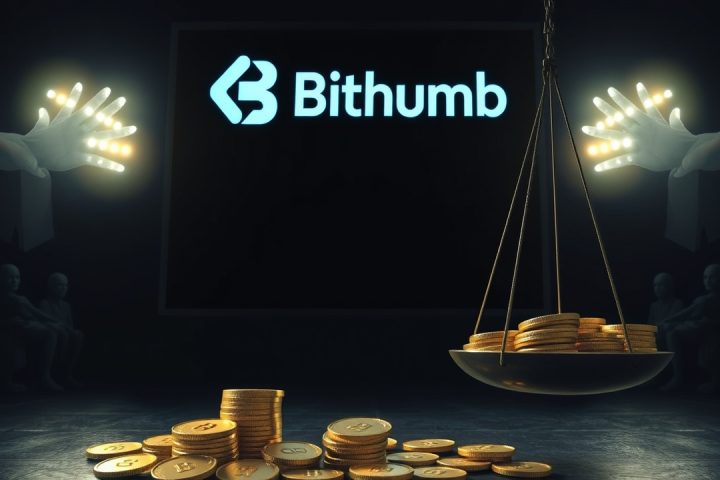Release from Prison
Virgil Griffith, an Ethereum researcher, has concluded his prison sentence related to U.S. sanctions violations linked to his blockchain teaching in North Korea. As of April 9, prison officials confirmed his release, but he will spend several weeks in a halfway house as part of his parole process, as outlined by fellow crypto developer Brantly Millegan.
Legal Background
Griffith’s legal issues began in 2019 when he was arrested for a lecture he gave in North Korea, during which he discussed blockchain technology and its ability to bypass U.S. sanctions. The U.S. government accused him of breaching the International Emergency Economic Powers Act (IEEPA) by potentially supplying the North Korean regime with complex information. His defense argued that the material he shared was available to the public, raising significant debates on freedom of expression and the intersection of blockchain innovation with national security.
In January 2020, Griffith was indicted by a grand jury for his alleged conspiracy to violate the IEEPA. He initially pleaded not guilty, defending himself by citing the public nature of the information presented. Nevertheless, he later accepted a plea deal in September 2021, which resulted in a 63-month prison sentence and a $100,000 fine. In 2024, Griffith petitioned for a sentence reduction, but prosecutors maintained that his actions jeopardized national security. A ruling in July 2024 led to a reduction of his sentence to 56 months, enabling his eventual release back into society.
Political Controversy in Argentina
In contrast to Griffith’s situation, Argentine political turmoil is brewing as President Javier Milei is under investigation for his possible connection to the LIBRA meme coin scandal. The Argentine Chamber of Deputies has voted in favor of probing Milei following claims that he helped promote the controversial cryptocurrency on his social media platform, which boasts 3.8 million followers. Critics argue that he provided credibility to what they view as a fraudulent scheme, as the token’s price surged dramatically, only to crash, resulting in massive losses for over 40,000 investors.
Milei has publicly denied endorsing the LIBRA token, claiming he only shared information about it, yet evidence such as screenshots refutes this assertion, pointing to his significant influence on the token’s visibility. Lawyers and economists opposing Milei allege that he profited from promoting a scheme suspected to have defrauded investors.
Adding to the intrigue, there are accusations that Milei’s sister, Karina Milei, was involved in facilitating financial arrangements related to these promotions. Leaked messages from an individual linked to the LIBRA project suggest that payments made to her could influence the president’s public endorsements.
Legal Battles in the Crypto Space
In a separate legal battle, SafeMoon’s CEO Braden Karony is attempting to have charges from the Department of Justice dismissed, citing a new directive from the DOJ that limits regulatory overreach in the cryptocurrency space. This directive was issued shortly before Karony’s recent court filing, where he argued against the charges of securities violations and fraud, contending that they did not apply under new guidelines. The DOJ has previously charged Karony and two colleagues with misappropriating nearly $200 million from investors. With ongoing legal troubles, SafeMoon filed for bankruptcy in late 2023 after being implicated in dual lawsuits by regulatory bodies.
The intermingling of crypto, politics, and legal accountability continues to unfold, drawing attention to the evolving landscape of compliance and regulation in a heavily scrutinized industry.


















